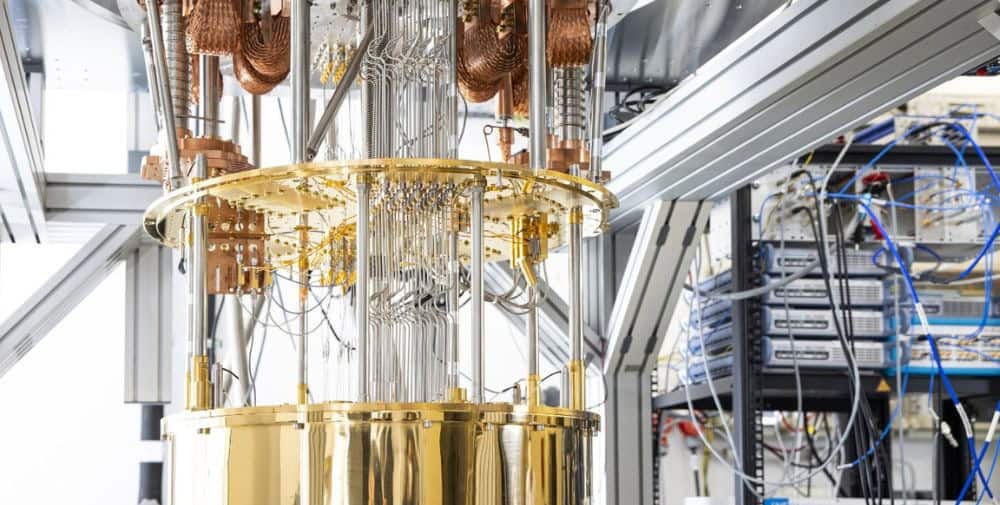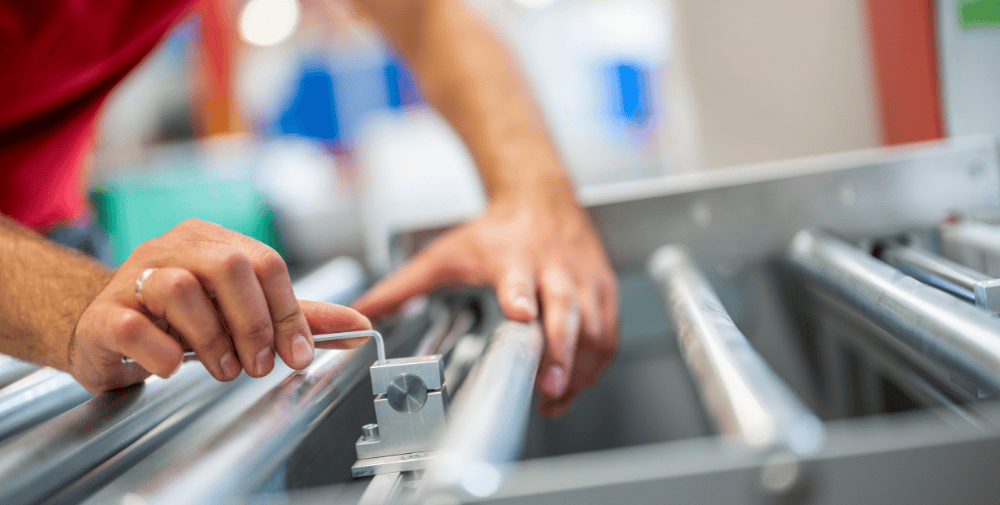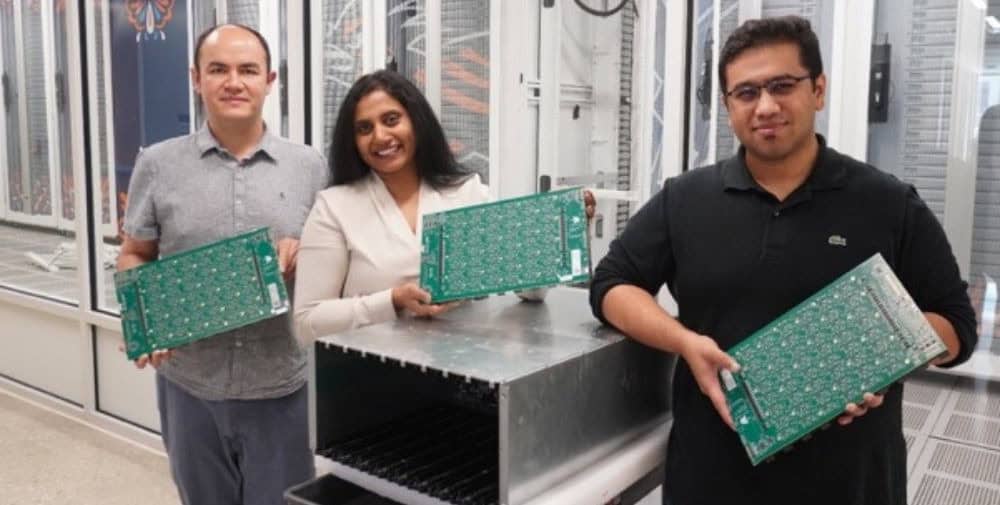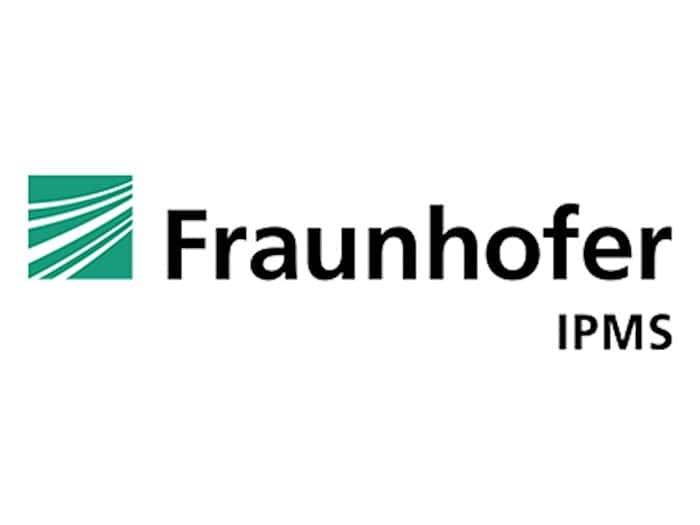
Quantum computers are seen as a solution to the increasing demand for more and more computing power and ever larger amounts of data. However, in order to make quantum processors applicable and scalable, there are currently still various hurdles that need to be overcome. The error-proneness of quantum bits, or qubits for short, is currently considered one of the biggest challenges in quantum computer development. The aim of the partners is to develop a system with various quantum processors that is based on next-generation superconducting circuits and has a very low error rate. This means that the qubits achieve a higher quality. The approach is considered to be world-leading and is also being pursued by Google, IBM and Intel.
As an overall milestone, a first prototype of the QSolid half-time demonstrator with 10 qubits, integrated software stack and cloud user access will soon go into operation at Forschungszentrum Jülich, making it possible to test applications and benchmarks for industry standards. The project is supported by the German Federal Ministry of Education and Research (BMBF) with a total of 76.3 million euros.
Achievements of CMOS semiconductor manufacturing for future quantum processors
Fraunhofer IPMS is part of the “Technology for Hardware Integration” work package. Together with GlobalFoundries and Fraunhofer IZM-ASSID, it is working on the co-integration of CMOS control logic with the quantum processing unit (QPU) in order to reduce complex cabling and wiring in the quantum computer. This is because these reduce the performance of the processor and thus make it more difficult to keep the temperature low – especially if the number of qubits increases in future processors. To this end, an interposer technology is being developed that focuses on high-density superconducting interconnects and thermal decoupling through advanced packaging. The challenge is to keep the CMOS chips usable under cryogenic conditions while keeping the temperature of the processors for the qubits low.
The Center Nanelectronic Technologies (CNT) uses its expertise and infrastructure in state-of-the-art, industry-compatible CMOS semiconductor manufacturing in the 300 mm wafer standard. This includes manufacturing processes such as deposition and nanostructuring on a wafer scale as well as cryo-electrical characterization. “Together with our partners in Dresden, we were able to define the design for the co-integration of CMOS and quantum chips as well as suitable materials for temperature management. A first generation interposer based on this was manufactured and successfully tested under cryogenic conditions. This also includes demonstrating the superconducting properties of the materials used, such as the indium-based bumps. In addition, the tests for the cryogenic characterization of GlobalFoundries’ CMOS chips were successful,” announces Marcus Wislicenus, Group Leader for Quantum Technologies at Fraunhofer IPMS.
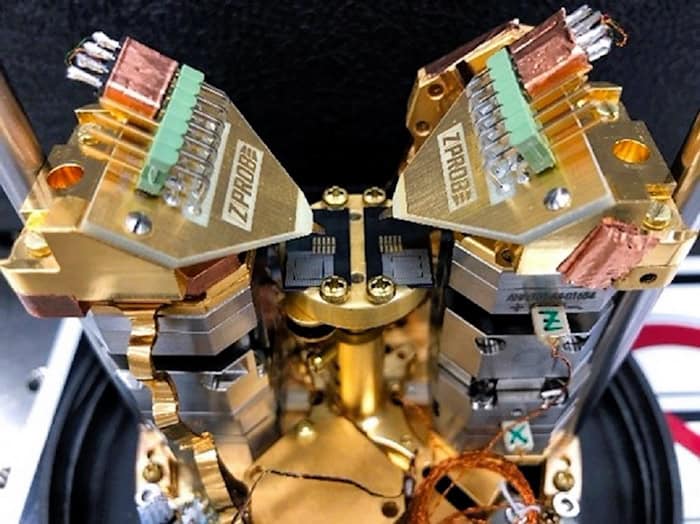
Realized first demonstrator of the interposer in the cryogenic test setup. Photo: Fraunhofer IPMS
A shareable quantum computing infrastructure at Forschungszentrum Jülich
The 10-qubit prototype is only a first intermediate step towards higher scaling. By the end of the project in December 2026, the system is to be further developed so that it can control 30 qubits at best with the greatest possible error correction. “Over the last two and a half years, we have built up excellent capacities and launched a system with promising performance values. While we are still integrating and controlling the final subsystems, we are already working in parallel on increasing the performance of the prototype, which is designed to handle complex computing operations for applications in industry and science,” says project coordinator Prof. Frank Wilhelm-Mauch.
In order to achieve the ambitious goal of an independent quantum computer manufactured in Germany, QSolid is bringing together 25 research institutions, companies and start-ups from all over Germany. Together, the project partners want to pave the way for commercialization and develop a demonstrator that will be made available to external users via the “Jülich UNified Infrastructure for Quantum computing” (JUNIQ) and tailored to their individual needs.
About Fraunhofer IPMS
The Fraunhofer Institute for Photonic Microsystems IPMS is a leader in applied research and development in the fields of intelligent industrial solutions, medical technology and mobility. Fraunhofer IPMS works on electronic, mechanical and optical components and their integration into miniaturized devices and systems. Its services range from design and product development to pilot production in its own laboratories and clean rooms. With the Center Nanoelectronic Technologies (CNT), Fraunhofer IPMS
– – – – – –
Further links
👉 www.ipms.fraunhofer.de
Photo: Forschungszentrum Jülich / Sascha Kreklau
